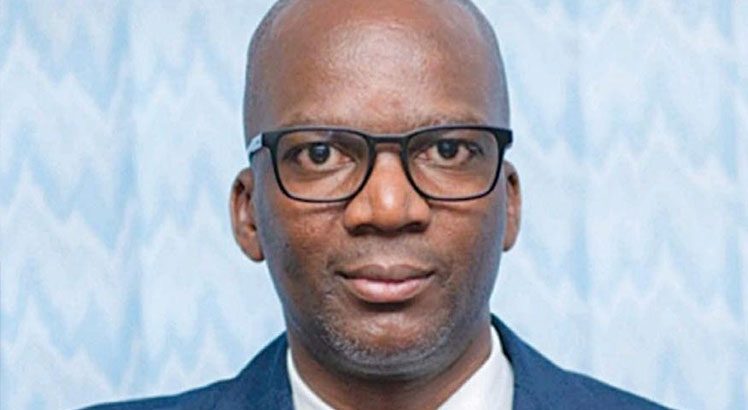Govt centralises councillors’ perks
Malawi Government has centralised payment of honoraria for ward councillors with effect from April this year a move public policy and local development experts describe as retrogressive to the decentralisation process.
The new arrangement means that all councillors, currently receiving a minimum of K150 000 a month, will be paid through the government’s Account Number One, moving away from the previous scenario where councils were paying the honoraria from other recurrent transactions (ORT).

In an interview yesterday, National Local Government Finance Committee (NLGFC) executive director Kondwani Santhe confirmed the development, but said the change is meant to ease the financial burden to councils, especially on ORT.
He said: “The reason is to free council resources on ORT so that ORT should be seen that it has been increased to cater for what it has been intended for. An honorarium is not ORT. This process is beginning this financial year.
“All councils will be receiving the same amount, but if some council has capacity, then they will be topping up using their own resources. Such councils will have to write to us for a financial technical review, and once we give a nod, the Ministry of Local Government then approves or not.”
At K150 000 per month, government spends about K69.6 million a month and K835.2 million a year on ward councillors. There are 462 local government wards, but the number will increase to 509 in the 2025 General Elections following a boundary redemarcation exercise.
Besides the K150 000, some councils top up the amount, with councillors in Mzuzu City getting K220 000, those for Zomba City K250 000 while Blantyre and Lilongwe city councils pay their ward representatives K270 000 each.
Malawi Local Government Association (Malga) Managers Network (Magnet) chairperson Rodney Simwaka said the decision is a relief to the councils.
He said: “Remember, ORT is meant for operations of the offices and other development-related activities. Government also funds the ORT using a formula which includes some poverty related formulae.
“So, when that funding comes, our hope is to address matters on poverty and it was very inconvenient that we were taking part of the money to pay councillors.”
Simwaka, who is also Mzimba district commissioner, said with this new development, councils will free up resources for their operations and address issues that are critical to the development of the districts.
In reaction, decentralisation and local government expert Winston Khamula said devolution hinges on the principle of subsidiarity, meaning, each issue should be decided and acted upon at the lowest level involving all those affected.
He said: “Payment of honoraria has to be by and through the councils, and if we start paying from Account Number 1, it means we are recentralising and is not a positive move in devolution. We should be careful to guard against this, because we are reversing the gains made.
“Let us anchor, strengthen the processes that have already been devolved to local level, unless, there are serious considerations if councils are failing to carry out their mandate. In this case, the council would receive that honorarium and disperse.”
The views of Khamula, who has vast experience in local and international decentralisation programmes and has worked in the field in Cameroon, Uganda, Kenya, Burundi, Rwanda, Zambia and Tanzania were backed Gift Sambo.
Sambo, a legislative, electoral politics and public policy expert, faulted government on the move, saying it defeats the whole essence of decentralisation, but also devolving of financial power to local authorities.
He said: “The arrangement defeats the whole purpose of decentralisation because councillors are supposed to be custodians at local leve.
Malawi embarked on the decentralisation process to strengthen local governments’ capacity to deliver social and economic services more efficiently and consolidate democracy.






토토사이트 추천 정보 토토 메이저사이트 순위 목록 먹튀검증 먹튀보증